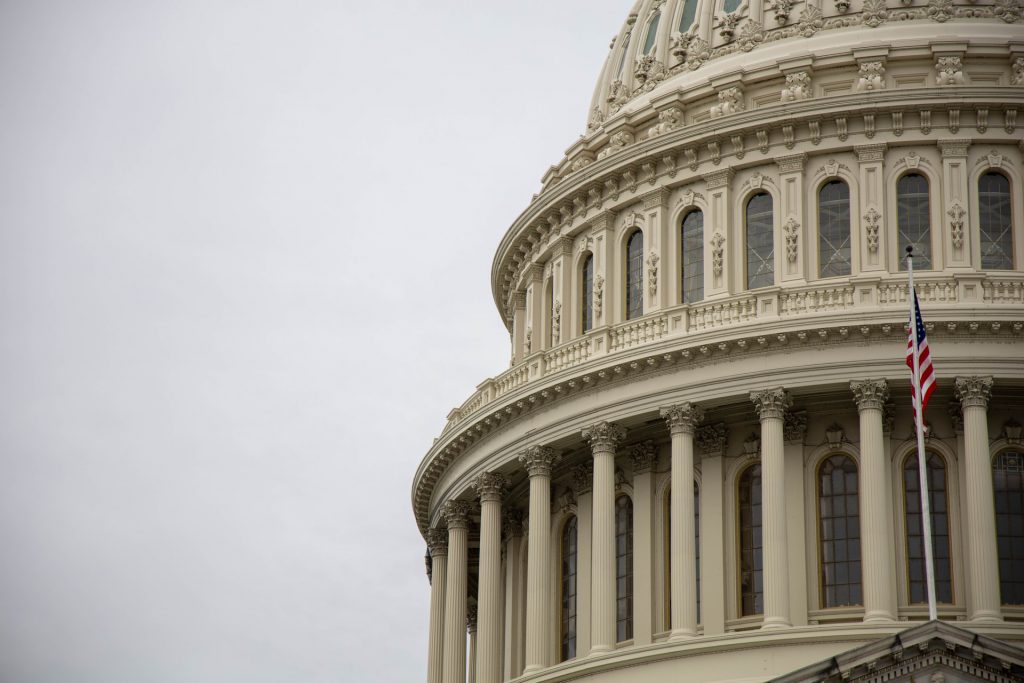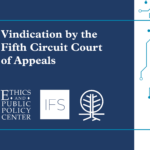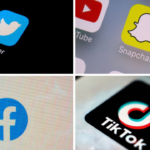
Published June 16, 2021
Senator Roger Wicker’s (R-Miss.) PRO-SPEECH Act, introduced last Thursday, takes a novel approach to one of the most pressing threats to our democracy: Big Tech’s control of our political discussion. While previous congressional efforts have focused on reforming Section 230, this bill takes a different tack and makes it an unfair trade practice to “bloc[k] or otherwise preven[t] a user or entity from accessing any lawful content” or to discriminate against any user “based on racial, sexual, religious, political affiliation, or ethnic grounds.” The unfair trade practices approach in Wicker’s bill offers a creative path forward to countering Big Tech’s censorship.
The PRO-SPEECH Act empowers the Federal Trade Commission (FTC) to handle any complaints of newly designated unfair trade practices. Relying on the FTC for enforcement has clear advantages. The agency could craft detailed, fact-specific settlements for the complaints it receives. It can also adapt more quickly than Congress to changing circumstances in the social media environment. Similar to the way in which it developed rules for online privacy and data breaches, the FTC could proceed in a methodical, small-steps approach to ensure fair practices and meaningful competition in the social media space.
Another one of the bill’s strengths is its detailed disclosure requirements—an idea first put forth by the Trump administration’s National Telecommunications and Information Administration Section 230 petition. Improved disclosure practices will help bring to light the ways that dominant platforms control public discourse through the promotion or silencing of certain content. The FTC here too could play a very useful role in setting forth the inevitably technical and complex rules that effective disclosure will require.
One final creative provision is worth noting. The act creates two exceptions from its prohibitions against blocking access to lawful content. One is for small platforms, and the other stipulates that prohibitions “shall not apply to the extent that an internet platform publicly proclaims to be a publisher.” The bill essentially gives dominant social media platforms a choice: they can either choose to operate as a platform and be required to provide users access to all lawful content, or they can publicly declare themselves publishers and lose their immunity protections under Section 230.
Notably, these exceptions do not hold for the other unfair trade practices outlined by the bill. Whether a platform chooses to operate as a platform or publisher, it must abide by the bill’s nondiscrimination and transparency requirements, as well as its prohibitions on unfair methods of competition.
The bill does have some areas for improvement, however. It could, for instance, go one step further to address the effects social media has on children. In what is perhaps the greatest and most ignored child experiment in human history, social media companies allow formation of accounts for minors without parental consent or mandatory parental control. If anything should qualify as an unfair trade practice, then recruiting, marketing to and profiting off of minors, all without parental consent, surely must.
The FTC has in the past taken the lead in responding to “Joe Camel” and Big Tobacco’s marketing of harmful and addictive products to children. But it has so far been silent about Big Tech’s marketing of the highly addictive product of social media to children. As psychologist Jonathan Haidt has demonstrated, social media use by minors leads to increased childhood depression, obesity, mental illness, emotional fragility and decreased school performance and social engagement. Wicker’s bill suggests an approach by which government, at last, could muster a response to the myriad harms of social media on children.
Another issue the act could address is that of obscene or otherwise undesirable content. By prohibiting platforms from blocking access to any lawful content, the PRO-SPEECH Act would potentially make, for instance, Facebook‘s policy against nudity illegal, since most nude pictures are not illegal. Most platforms’ current terms of service would become unlawful. Thus, the bill’s critics claim that it would render social media a wasteland of pornography, profanity-laced trolling and annoying spam.
These are legitimate concerns, but there is a relatively simple solution. Wicker’s bill could take one additional step, and incentivize—or require—the platforms to hand the reins of their content-blocking or moderating tools to users themselves. Users could block pornography or other types of legal but unwanted content from their feeds. This solution to lawful, but unwanted, content would maximize consumer choice and free expression. Platforms’ desire to centralize control over users’ experiences and access to content is unjustified, except of course, insofar as it allows them to more easily segment markets for their advertisers and increases the power of their owners. They might at last be forced to give users the power to selectively filter and moderate what they see on their feeds.
Senator Wicker’s thoughtful and innovative bill tackles these platforms’ unjustified control and censorship head-on. Many of its provisions seem inspired by Justice Clarence Thomas’s recent Supreme Court opinion, with an aim to stand up to legal scrutiny. There are areas where further improvements could be made, but overall, the PRO-SPEECH Act offers a strong, creative solution for protecting speech and competition in social media. Wicker has shown there are more strings for legislators to pull to curb Big Tech’s censorship.
Adam Candeub is professor of law at Michigan State University and senior fellow at the Center for Renewing America. He was previously acting assistant secretary of commerce for communications and information. Clare Morell is a policy analyst at the Ethics and Public Policy Center, where she works on the EPPC’s Big Tech Project. Prior to joining EPPC, she worked in both the White House Counsel’s Office and the Department of Justice, as well as in the private and nonprofit sectors.












